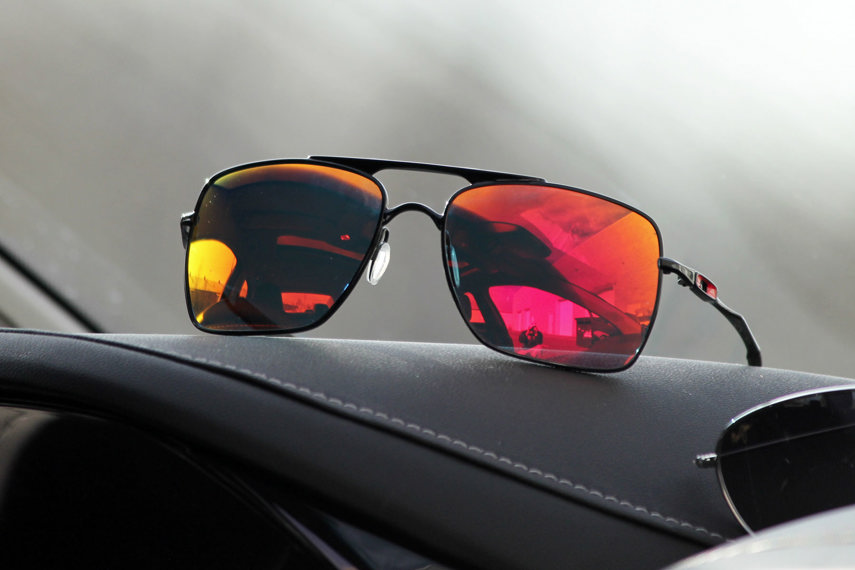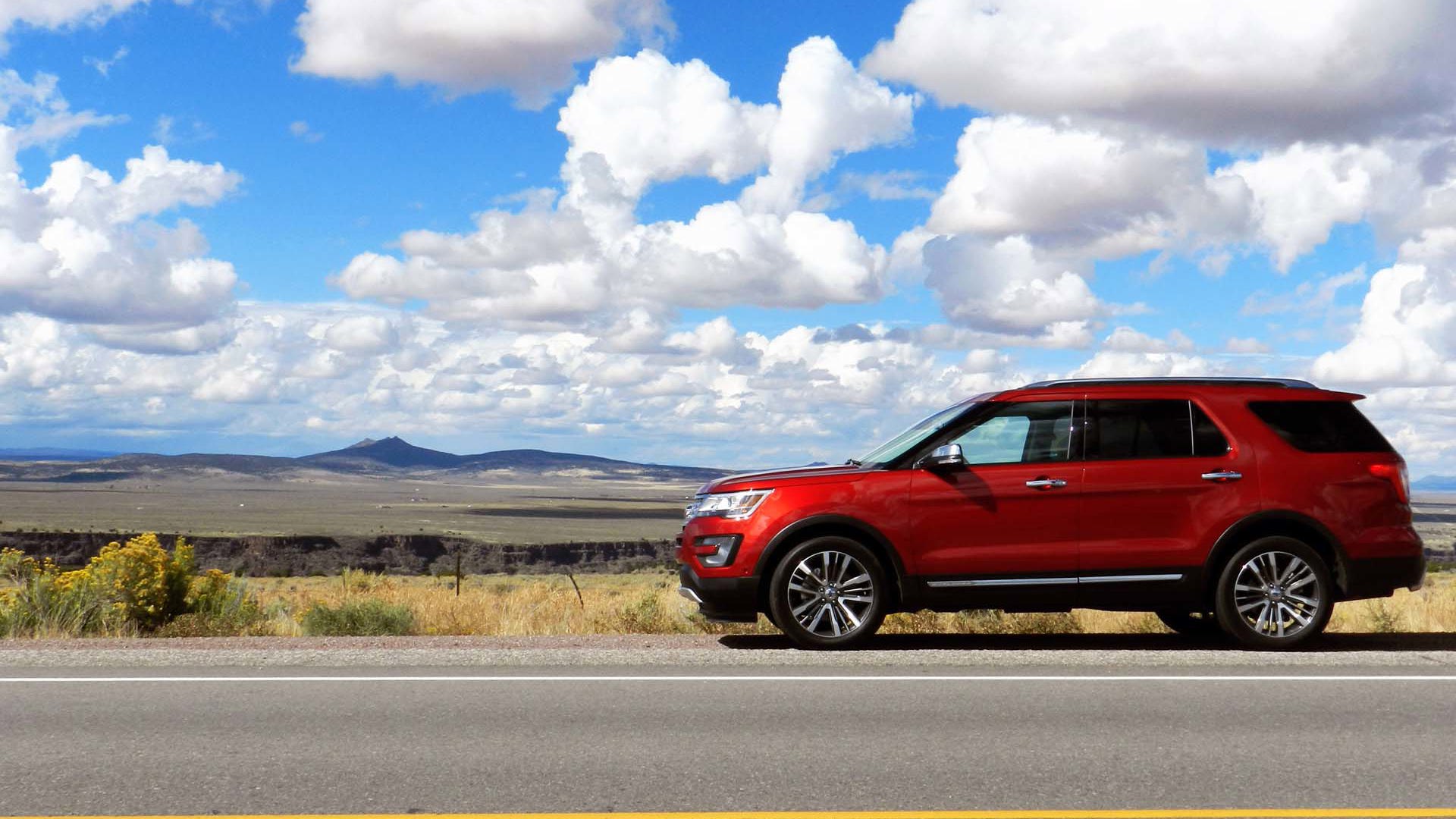For thousands of Canadians, long-distance driving can be a source of discomfort, stress and worry. Some folks just plain don’t like driving, especially if said driving will see them at the wheel for hours on end.
With the warm-weather travel season still in full swing, countless drivers will be taking to the roads on trips and voyages with family and friends. If you’ll be one of them, be sure to consider the following four Top Tips.
As a car reviewer, I spend hundreds of hours over thousands of kilometres on the road every year. Over the past decade or so, these four little tips have proven effective and beneficial on every drive, and especially so on longer ones. Plus, they’re easy and straightforward to follow.
Have a look below, and be sure to share our simple tips for safer, more comfortable long-distance travels with anyone you know.
Keep Coffee to a Minimum

Coffee is the nectar of the gods, and if you’re like me, you love the stuff something fierce. Coffee is just fine – but don’t overuse it. Have one or two in the morning before your trip, but once you’re on the road, your coffee intake should stop. Coffee can inhibit digestion, vitamin absorption, and indirectly interfere with energy levels after the caffeine wears off. It’s also a diuretic, which can make you dehydrated and uncomfortable, or force an unplanned washroom break. Coffee itself isn’t bad news, but drinking it all day on the go is. Ditto energy drinks, which not only contain excessive caffeine, but are typically loaded with fast-digesting sugars too.
Avoid Sugar Spikes

When eating on the go, slow digestion is key for consistent blood sugar and energy levels. So, avoid foods full of simple sugars that digest quickly, and focus on slow-digesting, more complex carbohydrates. You needn’t be a nutritionist or a health-food nut either: just remember that super-sugary snacks, or those with processed carbs (for example: white bread, soda, chocolate bars, gummy worms) tend to elevate your blood sugar and energy levels quickly but briefly, which results in an energy crash not long after.
Slow-digesting carbs keep your blood sugar levels, and energy levels, more stable, for longer, which can help offset drowsiness and improve safety. The gist? You want a snack that will release carbs into your bloodstream over time, rather than all at once. So, avoid sugar, and remember that protein and fiber help slow digestion too. Sweet is okay, but pure sugar isn’t.

My go-to snack on the move is a Cliff Bar or granola bar. Both contain sugar, which digests fast to address immediate hunger, as well as more complex carbohydrate sources, which digest more slowly to sustain blood sugar levels over time. It’s like time-release energy. Fiber and protein in these bars help further slow digestion. Eat a snack like these, and you get a quick boost of energy that’s still in play hours later, and doesn’t end with a crash.
Remember to avoid heavy-hitting, fatty meals with lots of meat, which are hard to digest, and more likely to make you snoozy.
Keep Your Eyes Fresh

Eye fatigue is a common cause of discomfort and reduced safety during long-distance driving, so making life easier on your eyes is a great idea if you’ll be on the road for hours on end. Protect your eyes during the day, and they’ll thank you with increased comfort, added alertness, and by feeling fresher, for longer, into a late-night drive.
Consider treating your eyes to a set of quality driving glasses – not the set you get for $7 next to the cash register at your local grocery store. When shopping, remember that thin arms and polarized lenses are ideal features. Note that good set of driving glasses (my favorite are the Maui Jim Hideaways, and the Oakley Deviations) darken what you see only slightly, but dramatically fine-tune the hues that make it through the lenses and into your eyes.
The effect? You see with better clarity, with some colors popping more, and others, like greys and light blues which cause eye strain, all but blocked out. You’ll literally feel your eyes relax once you slip a quality pair of driving glasses on. Straining is all but eliminated, which reduces fatigue, and means your eyes are in top-notch condition, even many hours later, after dark.
Also, remember to avoid excessive screen time on your computer, phone, TV or tablet in the hours before bed – as this can strain your eyes, leaving them fatigued from the moment you wake up, and setting you up for an uncomfortable drive.
Maximize Sleep

Before a day of driving, get to bed at a decent time, remembering that watching Suits until 2 am and hitting the road early the next day is bad news. There’s literally no replacement for a good night’s sleep before a day of driving – and if you rely on caffeine or other stimulants to offset a lack of sleep, you’re asking for trouble.

